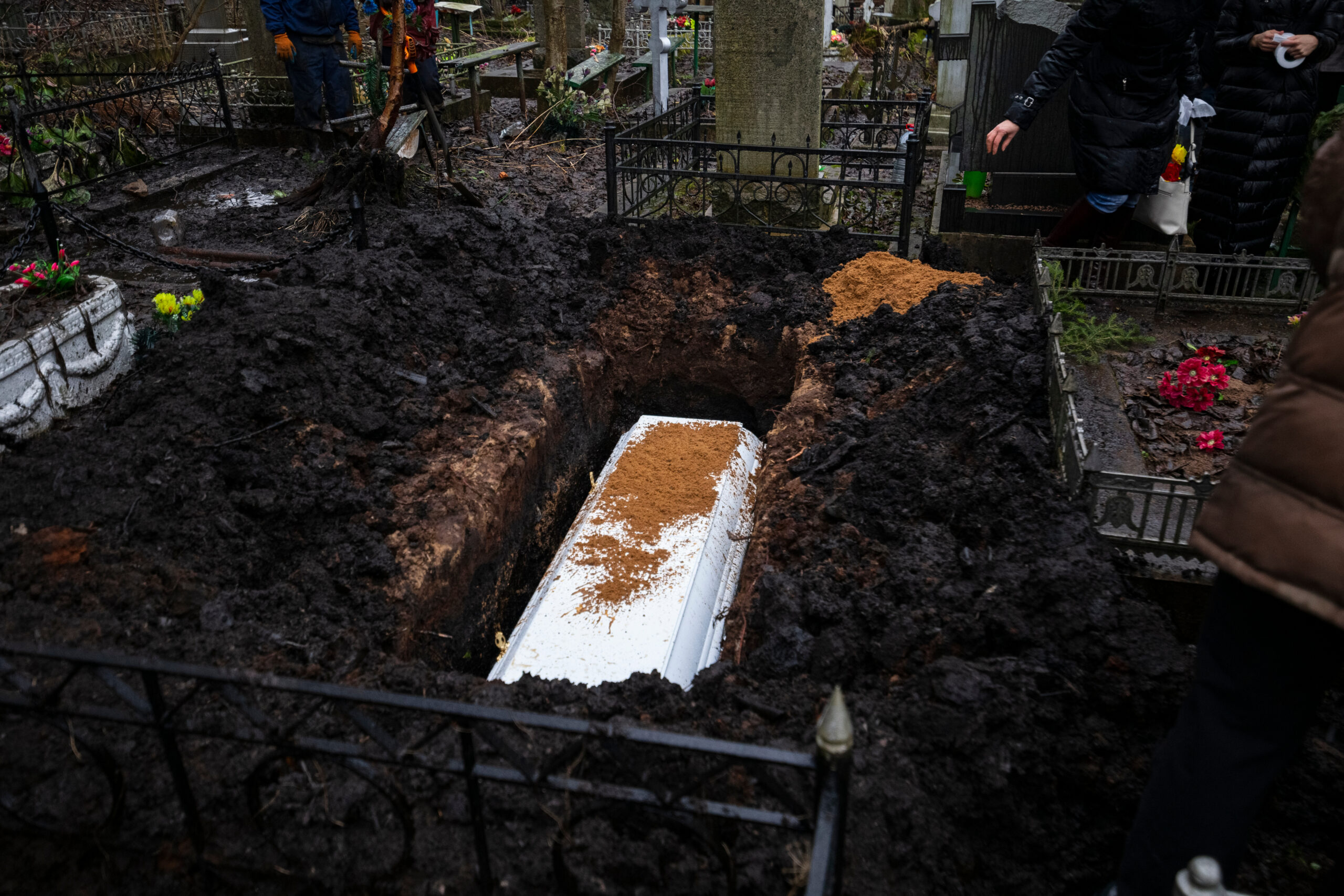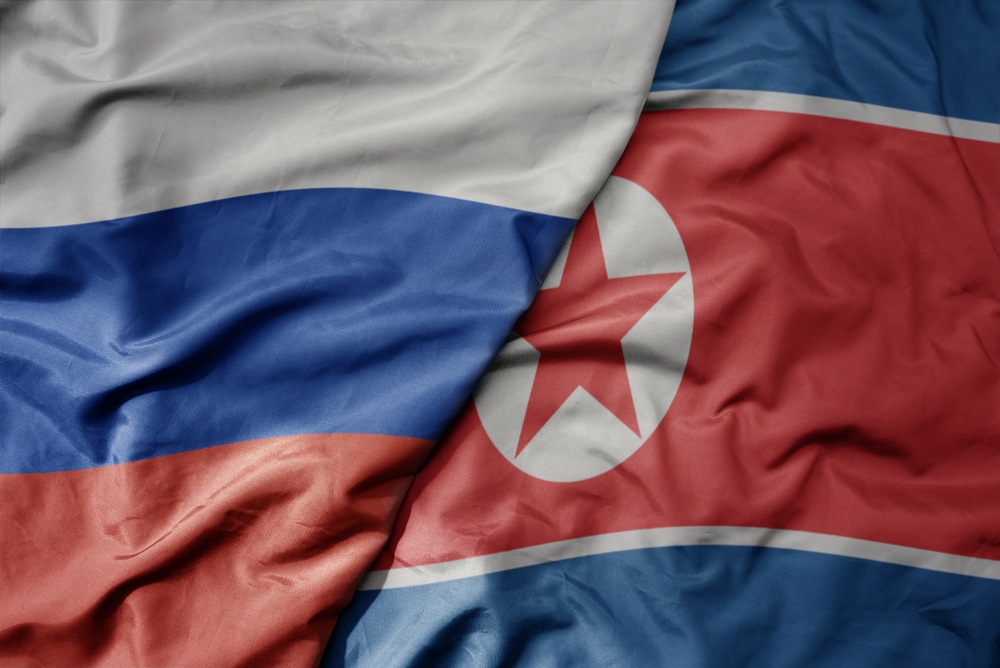Tragedy struck Iran on Sunday after the Islamic nation’s president was confirmed dead in a helicopter crash.
News broke early Sunday morning that Iranian President Ebrahim Raisi’s helicopter had lost communication with the ground crew. The development sparked a massive rescue effort that lasted several hours. According to the Daily Mail, the helicopter was one of three of a convoy of three traveling in Iran’s East Azerbaijan province near Jolfa, around 375 miles northwest of the capital Tehran.
Several hours later, a drone cited the crash site in the mountainous northwest reaches of Iran on Sunday evening. Raisi and all aboard the aircraft were initially presumed dead after the drone reported no sign of life from the crash site. However, reports emerged on Sunday evening with confirmation of Raisi’s death.
https://x.com/CollinRugg/status/1792393560480002172
Raisi was traveling in the helicopter with Iranian Foreign Minister Hossein Amir Abdollahian, Governor of Eastern Azerbaijan province Malek Rahmati, Tabriz’s Friday prayer Imam Mohammad Ali Alehashem, as well as a pilot, copilot, crew chief, head of security, and another bodyguard.
Raisi’s death is sure to leave a power vacuum within the Islamic State’s government. Experts believe that the power vacuum will lead to a power struggle, with many vying to fill Raisi’s seat.
Behnam Ben Taleblu, an expert on Iranian security at the Foundation for the Defense of Democracies (FDD), told Fox News Digital that Raisi was one of the people on the shortlist to replace Iran’s supreme leader Ayatollah Ali Khamenei. Taleblu insisted that the shortlist has gotten shorter with Raisi’s death. Taleblu Noted that Raisi’s death would be largely beneficial to the supreme leader’s son.
“Another person on that shortlist that would benefit significantly from this is Ayatollah Ali Khamenei’s son, Mojtaba, who right now basically wields power without accountability. And many allege that he is interested in becoming the next supreme leader, or that he may be jockeying to become the next Supreme leader as well,” Taleblu said.
Taleblu described Raisi as a symbol of Iran’s shift to the hard right, adding that the deceased president had blood on his hands over his involvement in the 1980s mass execution of prisoners.
“Raisi was a symbol of the hard right shift of what’s left of the governing elite of the Islamic Republic of Iran,” Taleblu said. “It represents kind of this second generation where loyalty and zeal rather than capability and competence were key factors in his political ascension.”
Per Iran’s constitution, a new presidential election must be called within the next 50 days. However, Mohammad Mokhber, 68, Iran’s first vice president, will assume the role of interim president.







